A few months ago, while composing a blog post to memorialize a Cinematic Leisure misadventure the likes of which I promise will never happen again, I made a quick reference to The Vanished Empire (2008). I had recently (around Christmas) watched the film on Netflix streaming, and would include it with my list of great films worth streaming. (Note: I have not recently verified that list, so many selections may not be currently available.)
 Vanished Empire deserves some Cinematic Leisure because months later, it's still following me. Haunting me may be a better word. It is easily one of my current top five recommendations for foreign films, and up against a category so broad that it includes Fellini and Kurosawa--we can honestly end the list right there to make the point--that's about as favorable a rating as I can bestow.
Vanished Empire deserves some Cinematic Leisure because months later, it's still following me. Haunting me may be a better word. It is easily one of my current top five recommendations for foreign films, and up against a category so broad that it includes Fellini and Kurosawa--we can honestly end the list right there to make the point--that's about as favorable a rating as I can bestow.
Set mostly in 1970s Moscow, Aleksandr Lyapin plays Sergei, a young man with his eyes set on trendy western clothes, western music, women, and having a good time. Sergei can afford the clothes, music, and good times because his grandfather, a famous archeologist who lives with Sergei's family, has an extensive rare book collection that Sergei shamelessly sells piece-by-piece to a store in town. Along with his best friends Stepan (Egor Baranovskiy) and others, Sergei attends the University and rather than study he spends his time pursuing the goal money can't buy: love. Or something like it.
Vanished Empire immediately struck me with a shocking feeling of empathy, much like Dazed and Confused, the quintessential American film about white 1970s suburban middle class youth. With those qualifiers--white middle class suburbia--teenage ignorance transcends any decade you put it in. American Graffiti drives the point home for the '60s (albeit with far more romance), and the sole season of Freaks and Geeks does so for the '80s. The '90s? Well, along with the early 2000s that's my point of reference.
But to watch such a story in Soviet Russia? To be sure, this takes place in the same era when the Soviets were expelling Aleksandr Solzhenitsyn. More importantly, they did so because Solzhenitsyn's books--specifically One Day in the Life of Ivan Denisovich, The Gulag Archipelago, and The First Circle--exposed and threatened a dictatorship that sent its "criminals" to die some of the worst prisons imaginable. Though Sergei and his friends are well-connected and far more equal than the average citizen of the Soviet Union, the film nonetheless shows the shadow of that vanished empire: Sergei spends his time waiting in a very long line when beer is made available, must find his black market western music from dealers in the park (leading to hilarious results in one instance), and, when after a somewhat clandestine rock concert some marijuana is passed around, the fear portrayed by one of Sergei's friends is palpable. Such a crime might not be overlooked even for the privileged.
Once the shock wears away, Sergei's story is a familiar. He's young and he's reckless, selling off his heritage, fooling around when things don't immediately fall into place with his girlfriend, and ignoring--even defying--his studies. It is only when Sergei reaps what he sows that he starts to get the point. He is ultimately redeemed, but not without losing his own little empire.
It is ultimately the aforementioned culture shock that I believe justifies my haunted feeling. This is not to say that Vanished Empire makes me sympathetic to the Soviet regime, but it certainly shatters many notions about at least some Soviet citizens. Like German reunification--portrayed in Goodbye, Lenin!--not everything went smoothly when the Soviet Union collapsed, especially, I assume, for those who had it comparatively good. It is understandable, leaving aside the gulags and other "policies" that teenagers of the time had nothing to do with, that 1970s Moscow may be as romantically remembered by some Russians as George Lucas remembered American Graffiti. A romance that is, I daresay, justified.
What to make of that is perhaps worth a book, certainly far more than a blog post. But the immediate point is, and we could use a little trademark snark for this post, if Vanished Empire can get a little more traffic on Netflix and the "popular-on-Netflix"-labeled The Dictator a little less, we'll all be better off.


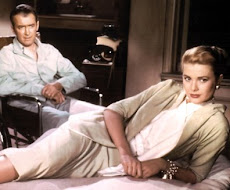_01.jpg)






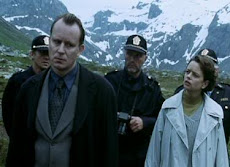







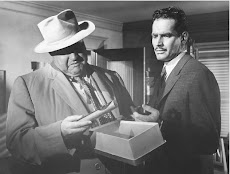
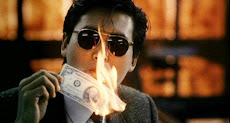

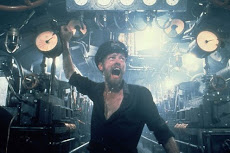


No comments:
Post a Comment